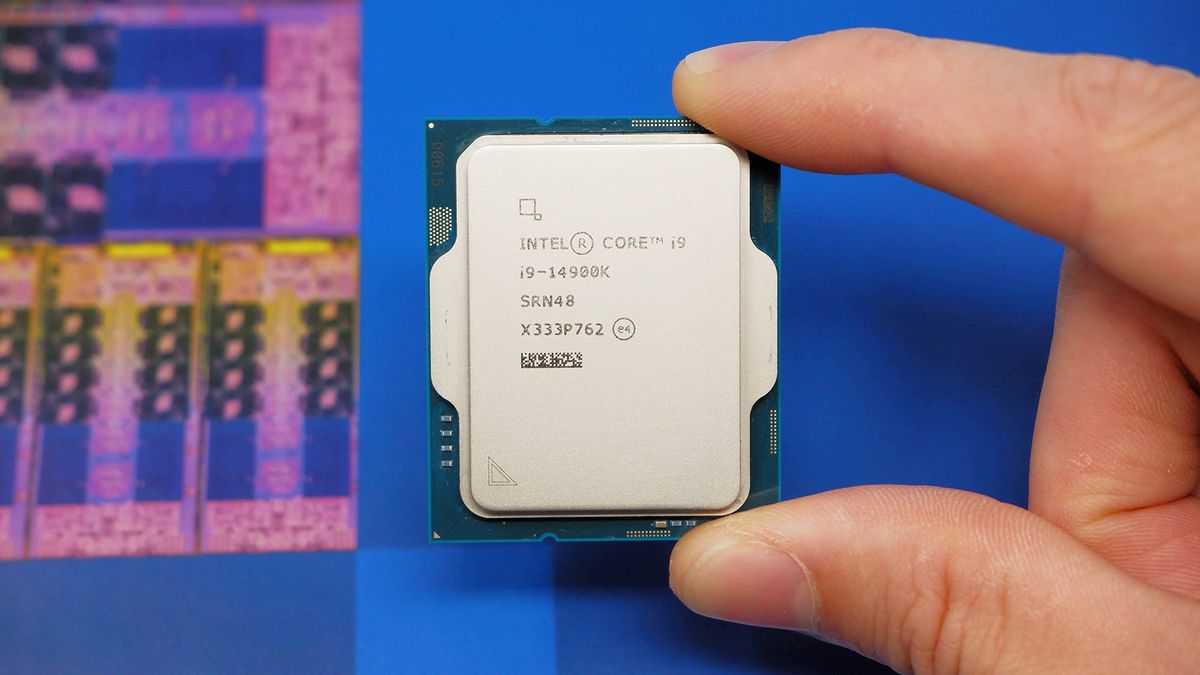View: https://twitter.com/pcgamer/status/1760301048210526519
A division of Epic Games is pointing the finger at Intel's latest CPUs when it comes to an increasing number of reported Unreal Engine game crashes. Modern top-end CPUs are jammed full of cores, all running at high speeds, and it takes a lot of energy to keep them running like this. That's particularly true for Intel's most recent Core i9 processors, which are some of the most power-hungry chips around. And to eke out even more performance, motherboard vendors often use BIOS settings that push things even further.
All of this seems to be the culprit in the increased reports of game and app crashes, especially those that are built in Unreal Engine, and the only solution is to delve into those settings to calm the beast down a notch.
That's according to RAD, a division of Epic Games, which develops the Bink video codec and Oodle data compression tech used in hundreds of games on the market. It points the finger directly at Intel, too: "We believe that this is a hardware problem which affects primarily Intel 13900K and 14900K processors, less likely 13700, 14700 and other related processors as well."
The software team states that the problems have nothing to do with any code in its products or Unreal, and notes that other software, such as CineBench, Handbrake, and Visual Studio also exhibit the same issue.
If your gaming PC has crashed, giving an 'out of video memory' GPU message, and the system sports a Core i9 13th or 14th Gen processor, such as the Core i9 14900K, then the problem is possibly being caused by the CPU (despite the nature of the error). Certain i7 models, typically the unlocked K-versions, are also reportedly experiencing the problem, though to a lesser extent.
Because this isn't a software issue, your only course of action is to delve into the CPU's settings, either in the motherboard BIOS or by using Intel's Extreme Tuning Utility (XTU). One simple fix that may work is reducing the clock multiplier for the P-cores down a notch or two. For example, if the default value is x55, then dropping it to x54 or x53 may well stop the crashes from occurring.
Shader compilation in Unreal Engine games and video decompression can put CPU cores under sudden, and sometimes sustained, loads so if the power limits are too high, then the processor could be fighting to remain stable.
Not every Core i9 user will be experiencing these crashes, even if they have, say, an Asus motherboard with multicore enhancement enabled. Given that it's a relatively small number of people reporting the issues, this may be a case of such CPUs being those that only just pass the tests performed during manufacturing that determine what processor model a chip will be used for.

There are increased reports of crashing in Unreal Engine games, etc. and Epic is blaming Intel chips
Power-hungry, high-clocked CPUs can be a tad unstable if they're not given the right BIOS settings.


